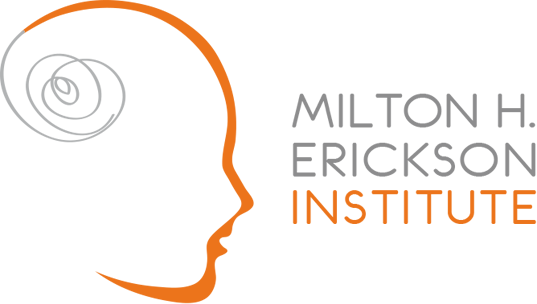 Master’s Course in Ericksonian Clinical Hypnosis
Master’s Course in Ericksonian Clinical Hypnosis
- Duration: 9 Days
- Addressed to
-
Psychologists, psychotherapists, physicians, dentists, graduates and graduate students of such disciplines, clinical staff

15° Edition
50 CME
Scientific Director: Nicoletta Gava
Our Master’s Course is addressed to clinicians who wish to learn hypnosis in a context that promotes debate and exchange between colleagues trained in different approaches. Since we believe in the value of multidisciplinary teams, the Course welcomes psychologists, psychotherapists, physicians, dentists, physical therapists, nurses, graduates and graduate students of such disciplines.
Our goal is to create a practical workshop in which participants can develop new skills through study, exercises and practice. In our experience as clinical trainers we noticed that in such environment each and everyone is able to develop personal induction styles that seamlessly integrate with their practice and personality.
Course Structure
After a short theoretical introduction, the training will proceed adopting an intensive, practical and experiential format: participants will go through exercises of increasing difficulty aimed at developing the necessary skills to conduct hypnosis sessions in their clinical practice.
Course Organization
The Course will take place over three monthly three-day sessions (fridays to sundays). Dates are available on the right side of this page.
Training times:
Fridays: 10.30 - 18.30
Saturdays: 10:00 - 18:00
Sundays: 10.00 - 17.00
Price:
1800€
In some countries the course fee can be deducted from taxes.
Course Diploma
Master’s Course in Ericksonian Clinical Hypnosis - 9 Days
To obtain the course diploma each participant must attend to all lessons and undergo a final exam whose modalities will be communicated during training days.
The Course is Addressed to:
Psychotherapists
Physicians
Psychologists
Dentists
Nurses
Physical Therapists
Graduates or graduate students of these disciplines
Clinical staff
First module
Hypnosis, self-hypnosis and trance
- Shifting from traditional hypnosis to the new hypnosis: a theoretical introduction
- Hypnotic phenomenology: theoretical aspects, minimal cues and observational training
- The history of hypnosis
- Principles of Ericksonian philosophy and language
- Ericksonian relaxation
- Ericksonian self-hypnosis
- Classic Ericksonian induction techniques
Second module
Conversational hypnosis and active-alert trance
- Conversational hypnosis techniques
- Recognizing mental states and using active-alert trance states
- Rapport in conversational hypnosis: construction, meaning and utilization
- Visualization techniques
- Advanced conversational hypnosis
Third module
Pain management and emotion regulation
- Pain management: desensitization and anaesthesia
- Altering perception and sensory functions
- Emotion regulation
- Conversational hypnosis for physical well-being
- Rebalancing mind and body: conversational techniques
During the course of the modules you will be introduced to the management of:
- Eating disorders
- Anxiety and depression
- Harmful behaviors
- Sexual dysfunctions
- Phobias
- Side effects of invasive therapies
- Trauma
- Terminal illnesses
- Athletic performance
- Cognitive performance
Supervision
Those who need help in managing complex or critical situations can schedule individual Supervision sessions with expert therapists.
Course calendar
This course can be scheduled on demand.











